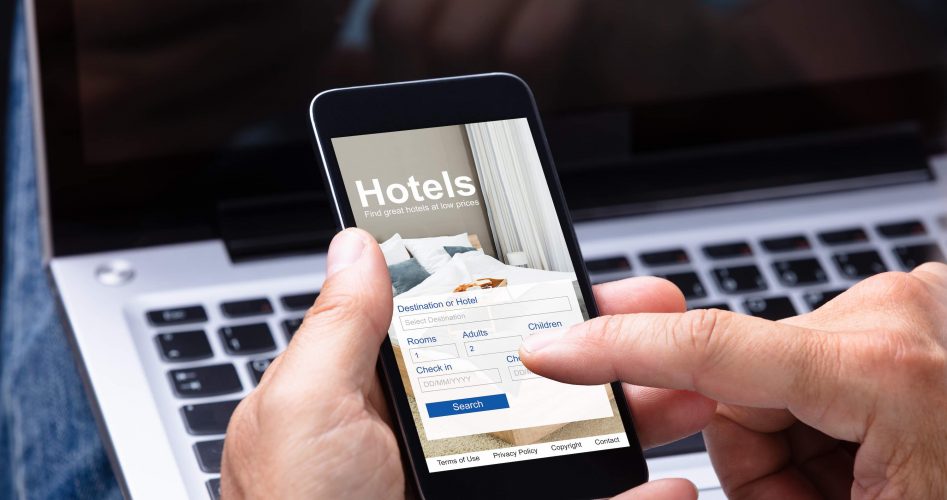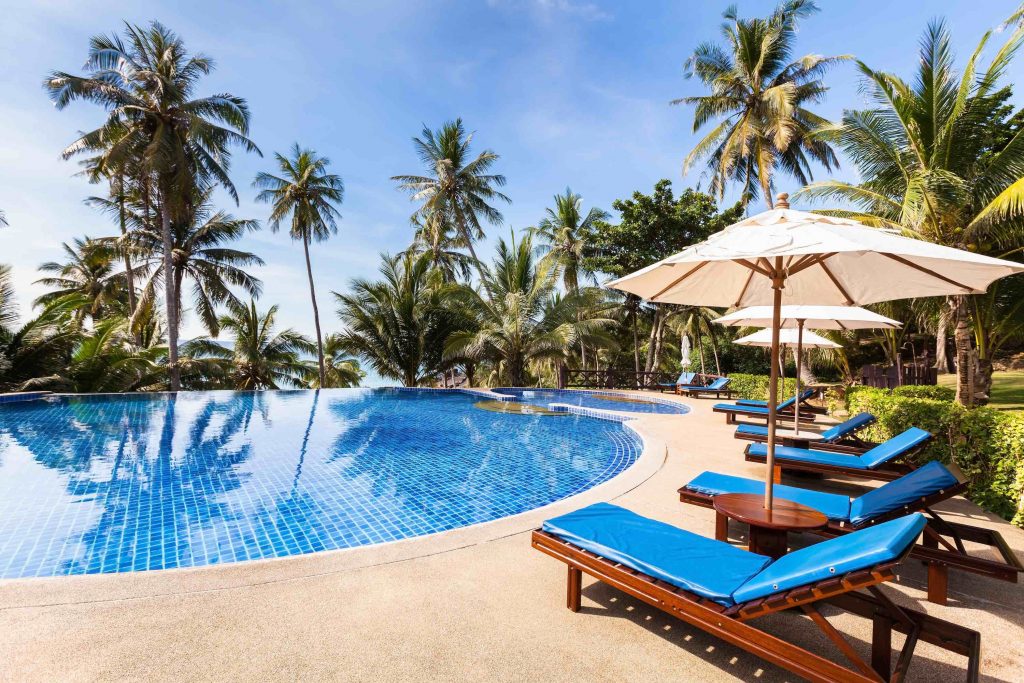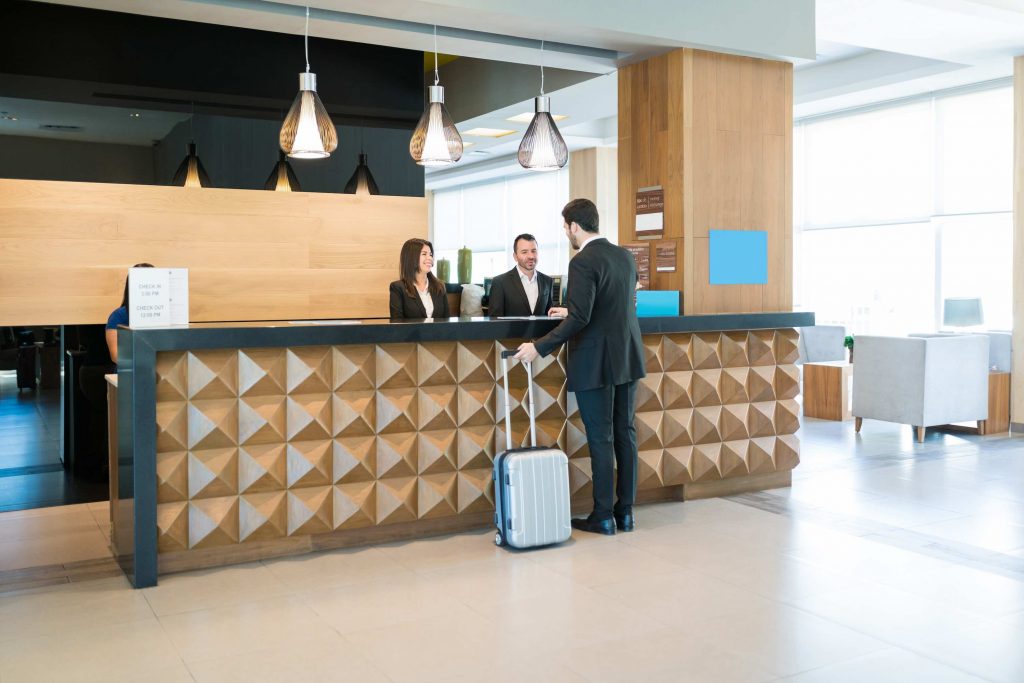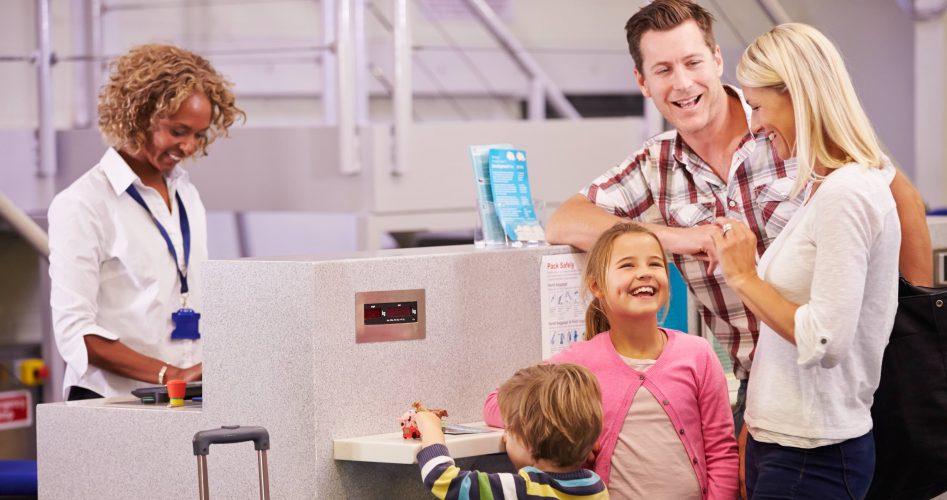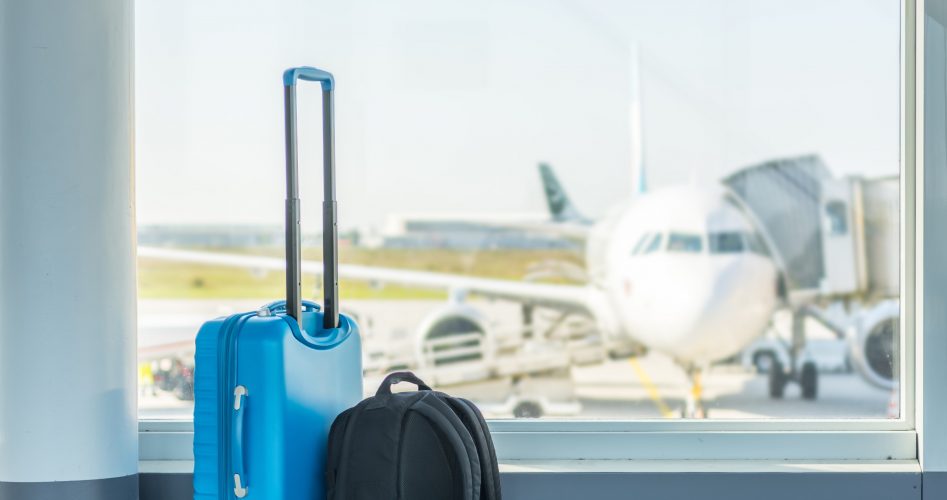The distribution network is the cornerstone of the travel industry and there are multiple layers in the network- all of which earn money by distributing the product and services of the travel industry suppliers.
There are a number of distribution channels that suppliers in the travel industry use. These include:
- Affiliate Networks
- Meta Search Engines
- Online Travel Agents
- Retail Travel Agents
- Tour Operators
- Corporate Travel Management Operators
- Suppliers Direct Sell Website
- Suppliers Call Centre
Even the GDS system which travel agents use to book flights earn about £5 for every segment booked!
Who pays commission?
Anyone offering a product or selling a service in travel will either:
- Pay commission
- Offer a highly discounted net rate which you can mark up
The type of product and service suppliers that pay commission include, but are not limited to:
- Bed Banks (Hotel Only Suppliers)
- Tour Operators
- Excursion providers
- Airlines
- Car Hire Operators
- Cruise Lines
- Theme Parks
- Theatres and Shows
- Hotels
- Ground Transfer Providers
Who Earns the Commission
When you find a flight, hotel, holiday, car or any other travel product on Google Flights, Kayak, Skyscanner, Travel Super Market or other Meta search site and then click through to the supplier’s website to book, the meta search engine will earn a commission from the booking or a payment for the click depending on their commercial arrangement.
When you book through a travel agent, the travel agent earns a commission. When you book through an OTA or Tour Operator, you will be paying a marked up rate on a discounted net price that they have negotiated with the supplier.
When you see a link to a travel supplier on a blog or information site, the site owner will earn a commission when the user they have directed to the travel provider makes a booking.
Even the hotel in destination that promotes local tours and excursions, or sells tickets to local attractions, theme parks or events earns a commission.
Companies like Expedia operate the Travel Agents Affiliate Programme where travel agents can earn up to 11% on any Expedia product for sale on the Expedia website.
You can earn that commission!
As a travel agent, you earn the commission if you are booking for clients, friends or family. If you are travelling yourself and have been unable to secure an industry discount, you would still save money by treating the commission as a discount on the rate you are paying for your personal travel
Negotiate for even more
As a travel agent, it is not unusual to negotiate on a rate. For example, you may have a client that wants to stay at a particular hotel and has seen rates online. You have access to the same rates and can earn a commission, but you want to make sure you offer a little bit extra to secure the booking. As a travel agent, you would email the director of sales or head of guest services at the hotel and would tell them you are trying to confirm a client at their hotel over one of their competitors but need to secure a value added benefit to confirm the booking. This could be a room upgrade, a guaranteed early check in or late check out or even access to the executive lounge. More often than not, a hotel will offer a benefit to secure a booking.
How much commission can I earn
Commission rates vary from supplier to supplier, but you can generally expect to earn a minimum of 10%. Some suppliers are more generous and pay as much as 25% although this will generally be for complex multi destination bookings. We have negotiated with many suppliers to enable our travel agents to earn between 12%-15% instead of their standard rate of 10%.
So book 2 adults and 2 children on a £3,000 family holiday to Dubai for 7 nights and you will earn a minimum of £300 and as much as £450 if the booking is with one of our preferred suppliers. Do 5 of these a month, and you walk away with £2,250!


